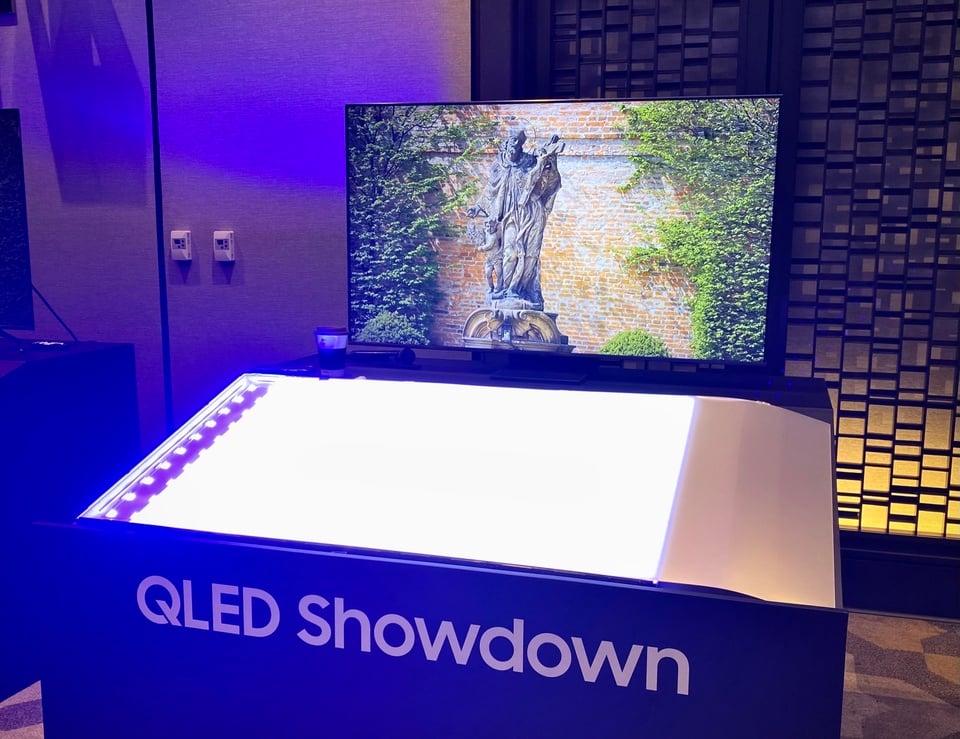 |
Comparison podium of Samsung's QLED technology quality, at an event in May. Photo: Nhat Tuong . |
Samsung, the global leader in the TV industry, is facing fiercer competition than ever. Chinese brands such as TCL and Hisense are continuously launching Mini LED and QLED TVs at 20–30% lower prices, targeting the company's traditional markets such as Europe and the US.
However, recent sales of the QLED TV line are still impressive. This continues to be one of the main product lines that Samsung representatives affirm has many advantages over competitors in the same segment.
In 2024, Samsung's Neo QLED TV line accounted for 40% of global premium TV sales. Meanwhile, the company's flagship product, Neo QLED 8K, reached 1 million sales in just the first few months of 2025.
Quantum Dot Light Emitting Diode (QLED) is a technology that uses molecules that are 1/1000 the size of a human hair. Quantum dots emit a pure spectrum of colors directly when stimulated by light, improving brightness by minimizing light loss during this process.
However, research published by South Korean chemical company Hansol Chemical in November 2024 found that some TVs labeled "quantum dot" did not contain enough quantum dot material to be considered QLED technology.
Mr. Yohan Zondak, Director of Visual Display Division, Samsung Southeast Asia and Oceania, said that there are 3 criteria to identify a true QLED screen. In addition to having a film layer and a large enough quantum dot content, the TV must ensure safety, such as not containing cadmium, a toxic metal in the production process.
Clarifying the difference, Ms. Mirae Shin, Samsung's picture quality expert, said that the company's QLED TV uses certified quantum dot panels, which clearly distinguishes it from other products also labeled "QLED", certified by TÜV Rheinland as "Real Quantum Dot".
At the core of the technology is a blue LED light source combined with a quantum dot film layer, which converts light into pure red and green, thereby fully and accurately reproducing the RGB spectrum.
Cadmium is restricted in many countries. Samsung's quantum dot film has been certified by SGS to be free of this metal and complies with the RoHS environmental safety standard. This not only provides superior color and brightness, but also ensures health safety and environmental friendliness.
Samsung's research team has worked to eliminate cadmium, although removing it in the first prototypes posed challenges in terms of durability, said Mirae Shin.
Samsung solved the problem by inventing a specialized polymer material that prevents the impact of these factors, ensuring stable performance over time. To this day, they stand by their research.
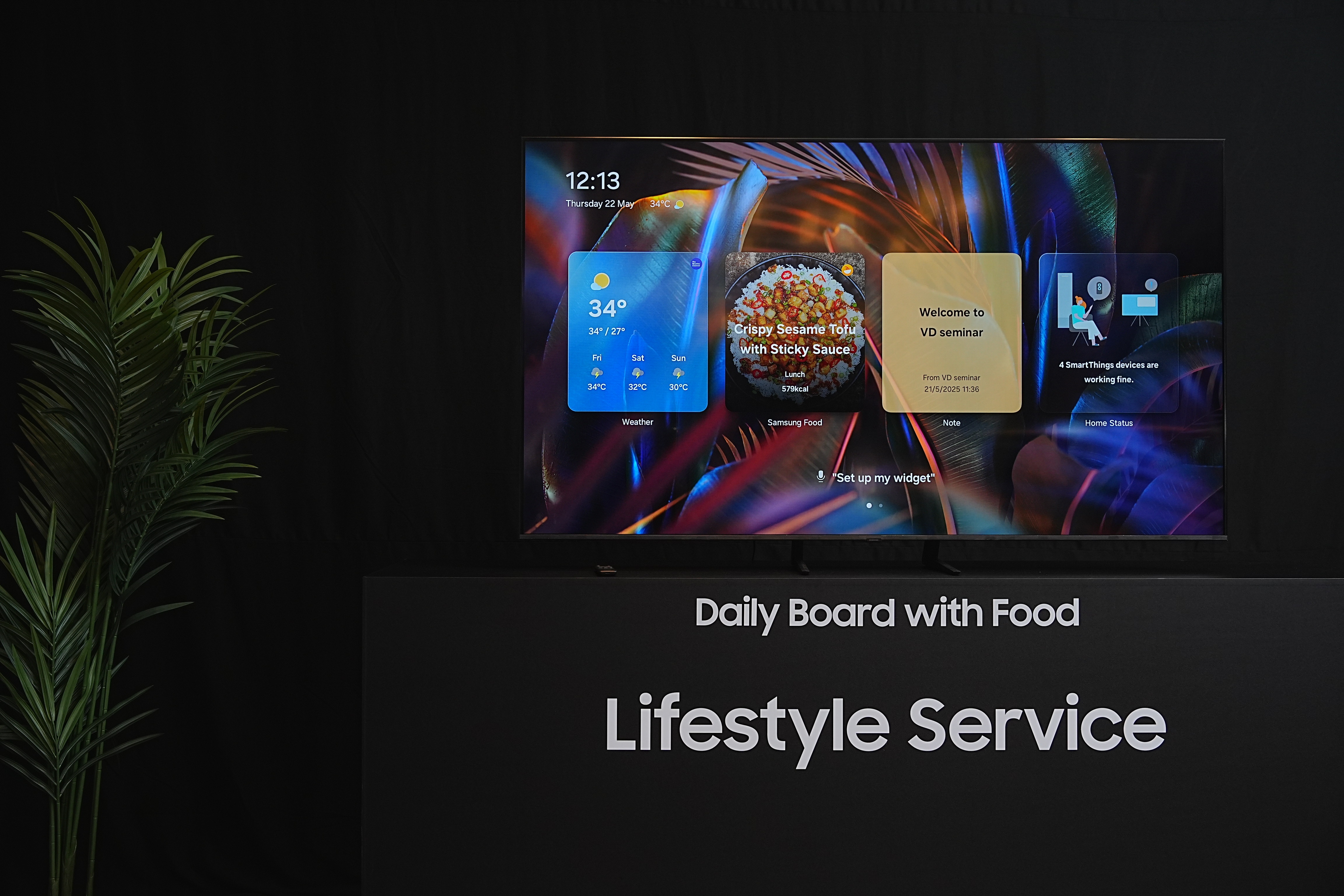 |
Samsung's QLED screens account for high global sales. Photo: Nhat Tuong. |
While Samsung remains the leader in the QLED TV segment, its rivals are also investing heavily to close the gap. LG’s premium LCD line, QNED, has recently been updated with Dynamic QNED Color Pro technology, which the company says will replace quantum dots.
Meanwhile, TCL is promoting the QM8 or C855 series with Mini LED technology. In particular, this series is creating significant attraction in price-sensitive markets such as Southeast Asia.
Source: https://znews.vn/cuoc-dua-cong-nghe-quan-trong-cua-samsung-post1556811.html


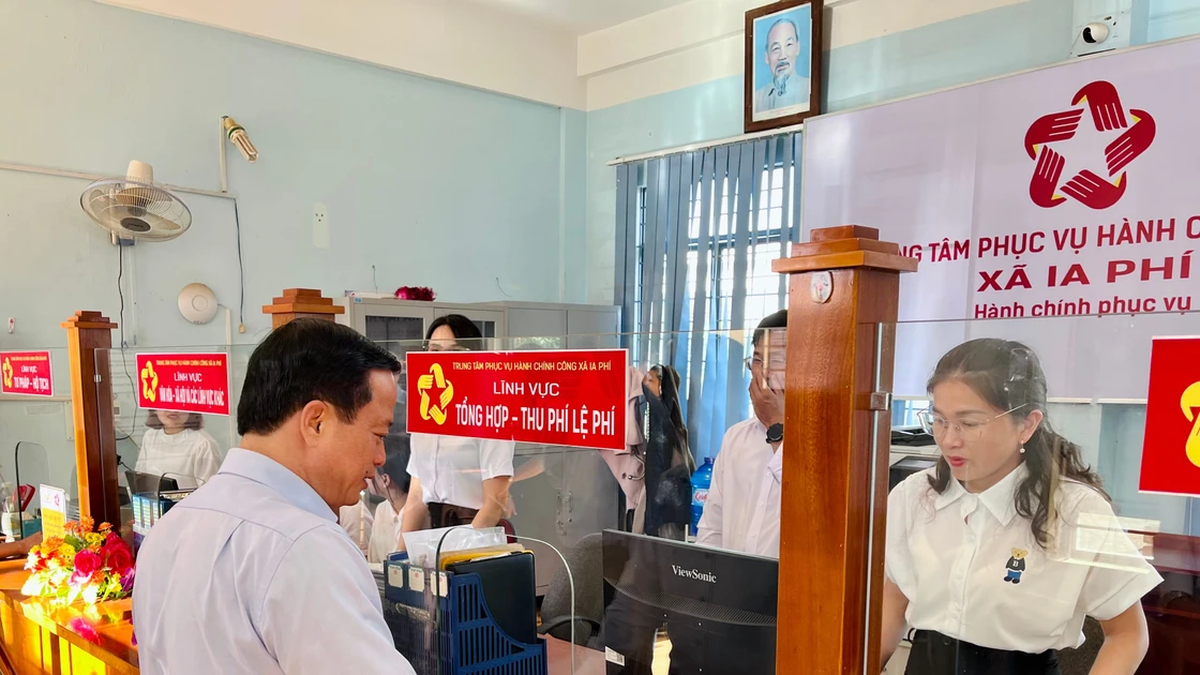
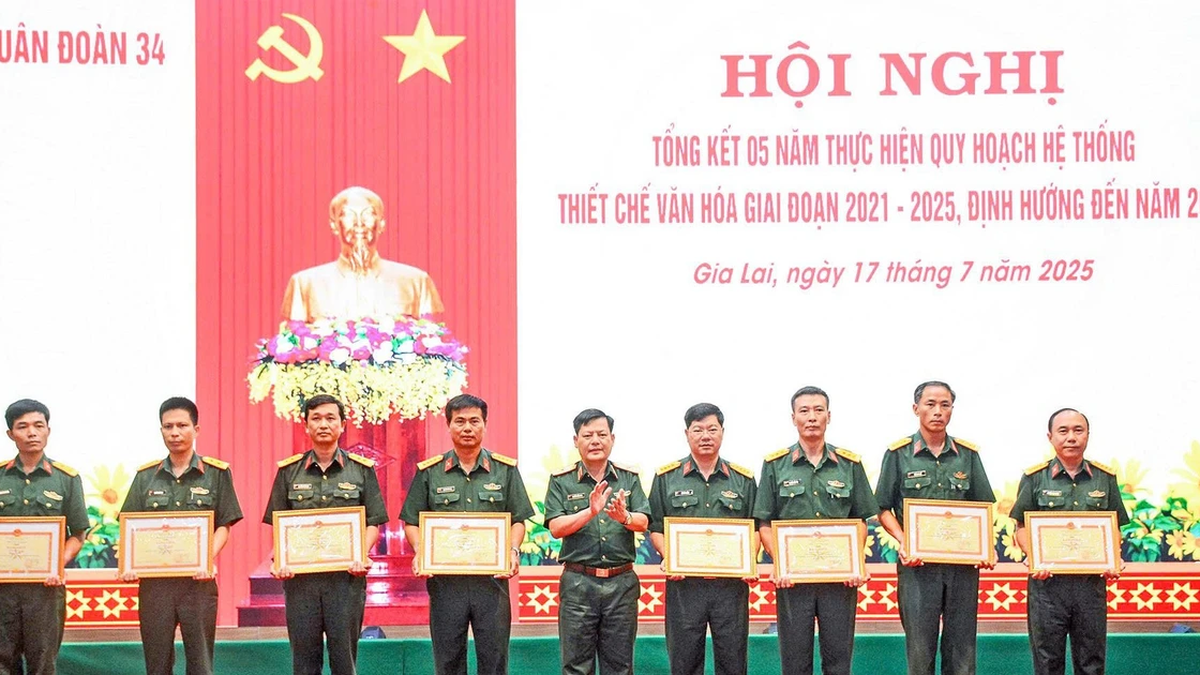

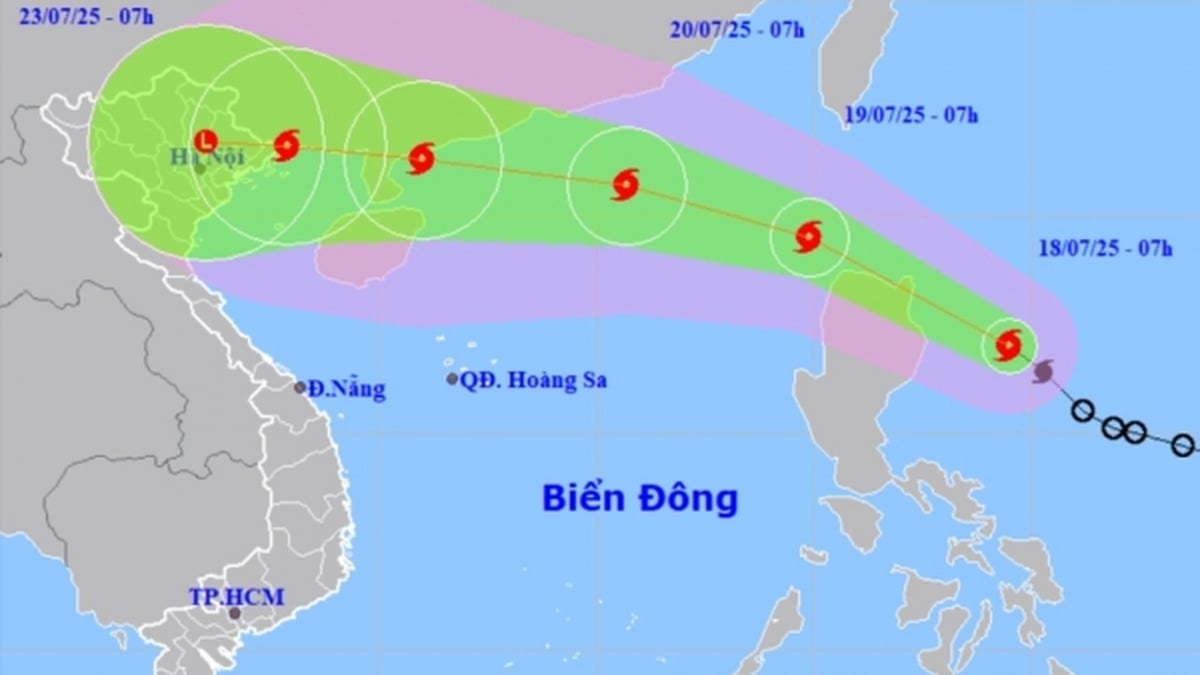




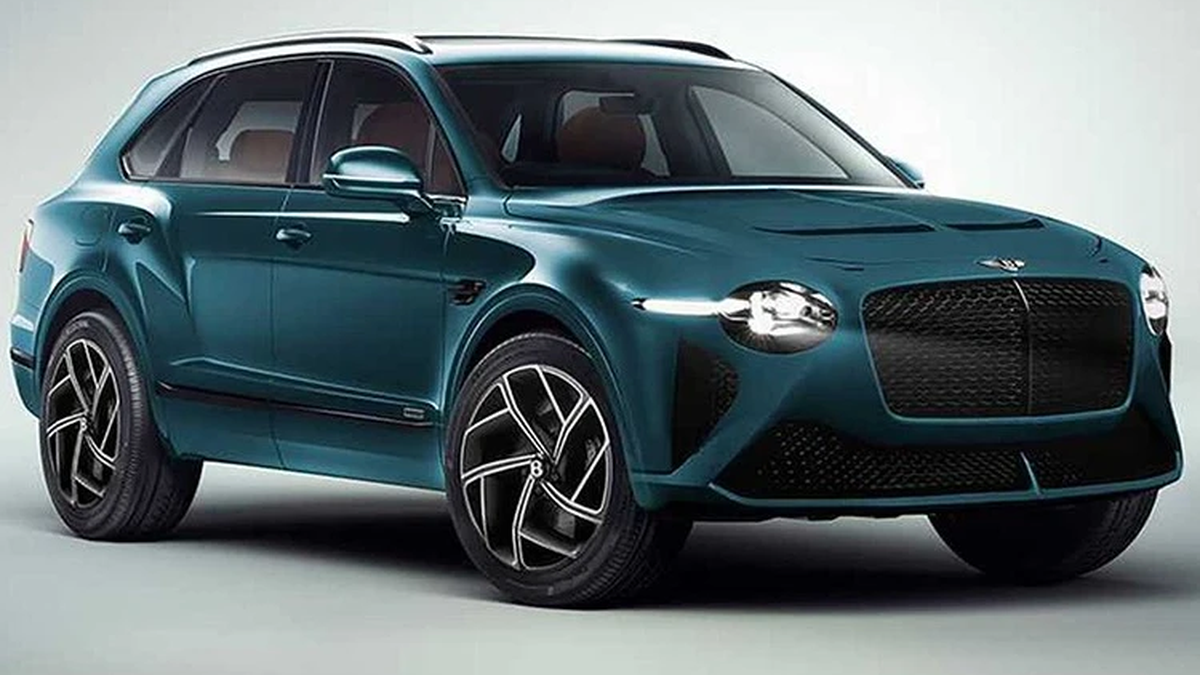
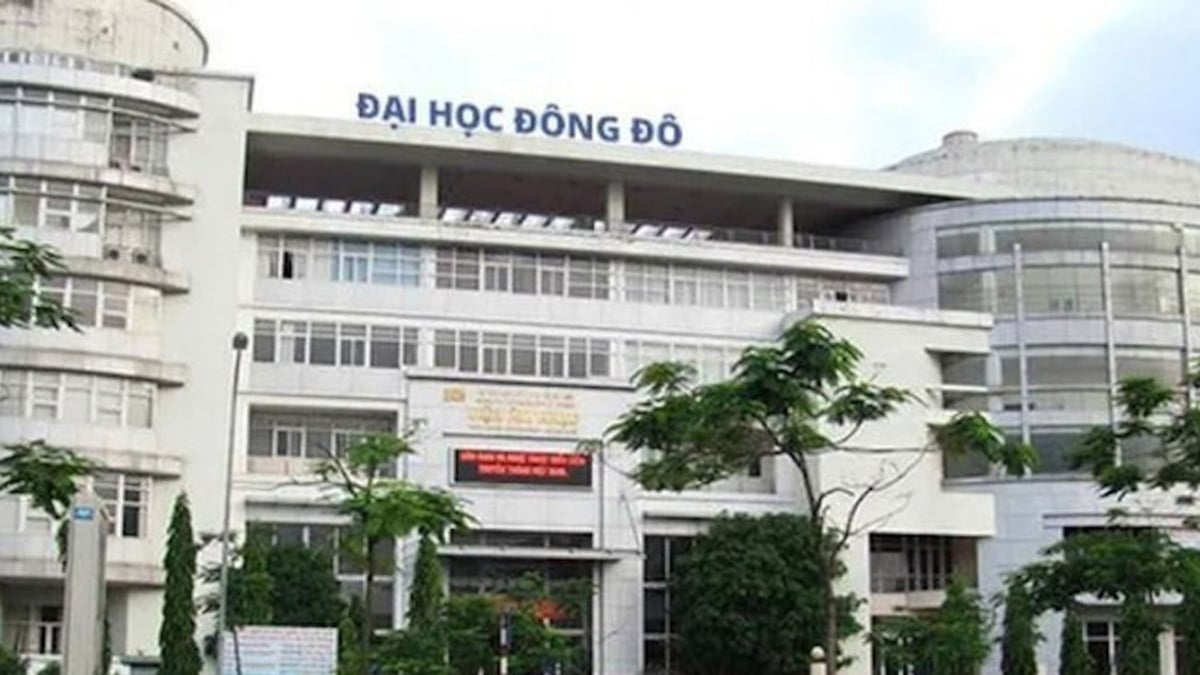












































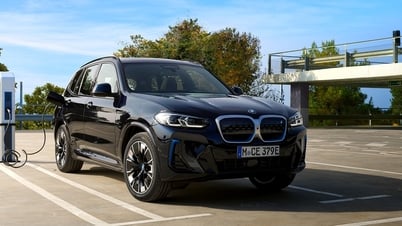



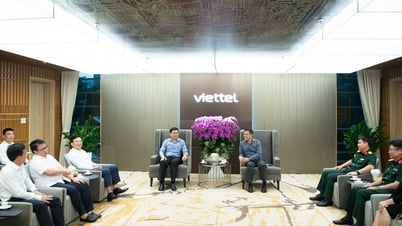

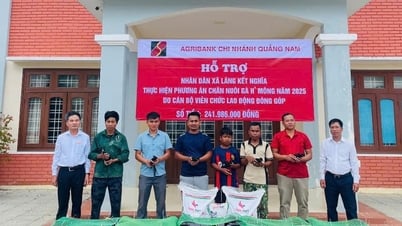






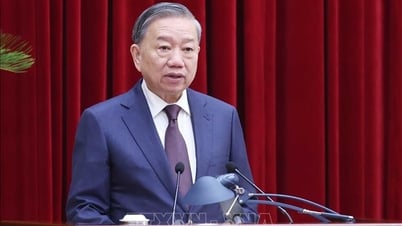

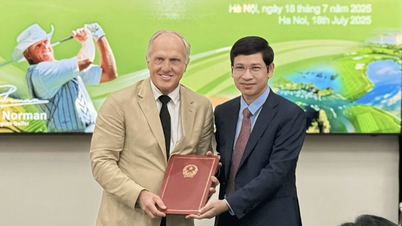




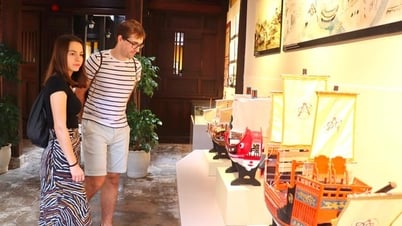

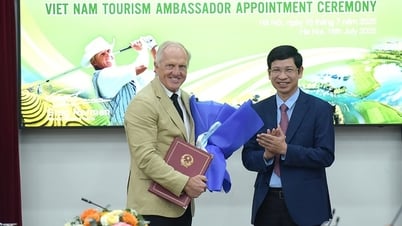


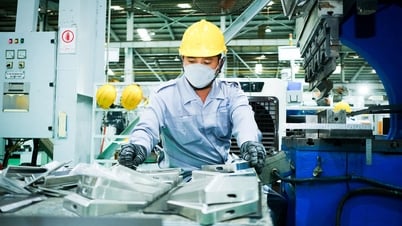














![[Infographic] In 2025, 47 products will achieve national OCOP](https://vphoto.vietnam.vn/thumb/402x226/vietnam/resource/IMAGE/2025/7/16/5d672398b0744db3ab920e05db8e5b7d)







Comment (0)